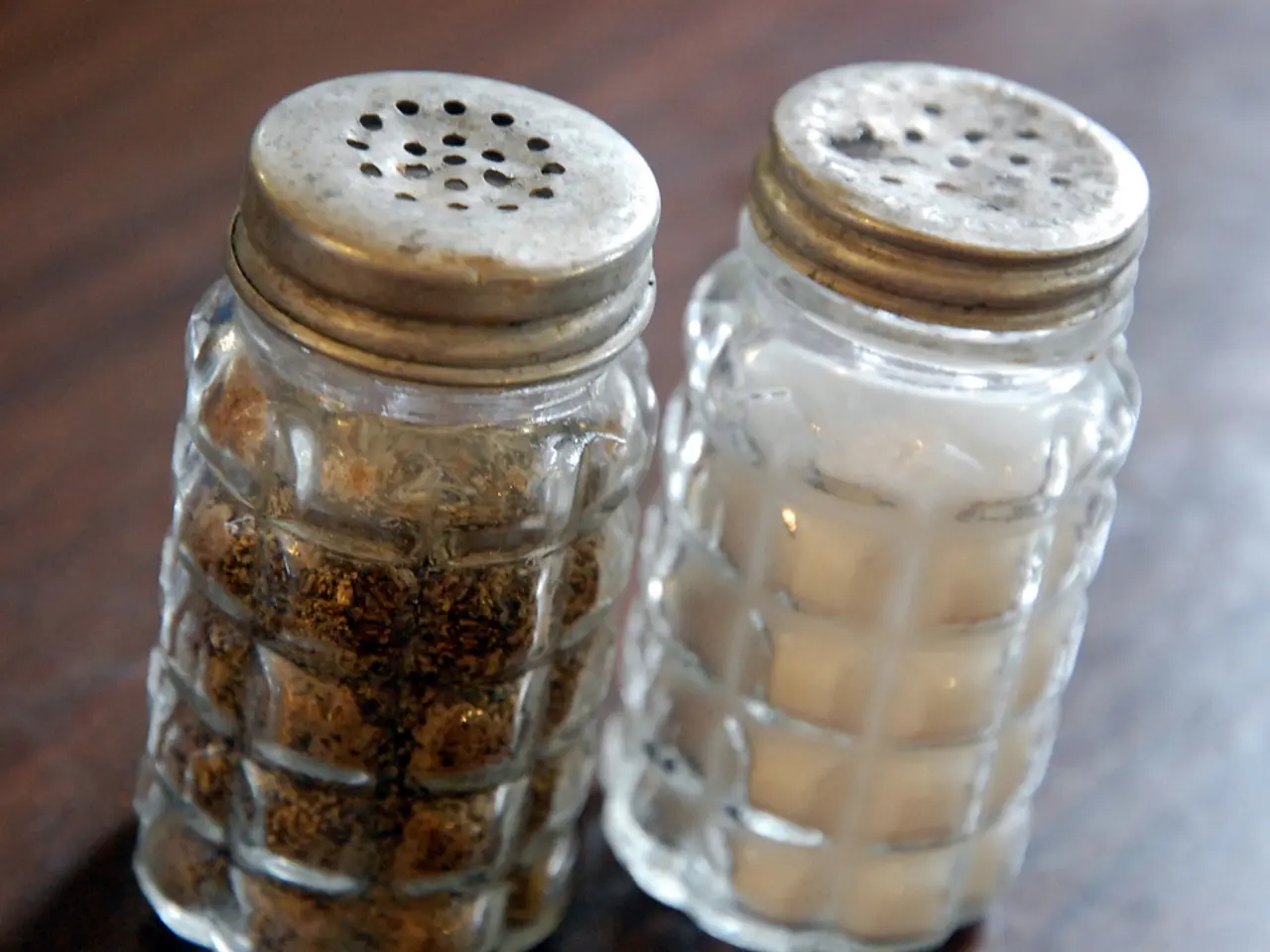Salt's Effects on Blood Pressure, Heart, and Kidneys
Excessive salt consumption can have a detrimental impact on both the heart and kidneys, increasing the risks of heart disease, kidney failure, and other health complications. Here's what you need to know about the effects of high salt intake and how to manage your salt consumption for better health.
**Effects on the Heart:**
High sodium levels in the diet lead to an increase in blood pressure, a major risk factor for heart disease and heart failure. This is due to the body retaining excess fluid, which raises blood volume and pressure, placing extra strain on the cardiovascular system. Over time, this can increase the risk of heart attacks, strokes, and heart failure.
**Effects on the Kidneys:**
The kidneys play a crucial role in maintaining sodium balance and regulating blood pressure. Consuming too much salt causes the kidneys to work harder to expel the surplus sodium, which can impair kidney function over time and may contribute to chronic kidney disease (CKD) and kidney failure. Additionally, disruptions in the body's circadian rhythm of sodium excretion combined with high salt intake further worsen kidney outcomes and increase the risk of kidney failure.
**Lifestyle Changes to Manage Excess Salt Intake:**
1. **Reduce Salt Consumption:** Aim to consume less than 5 grams of salt (about 2 grams of sodium) per day, as recommended by the World Health Organization (WHO) and health authorities. Moderation is key, as very low sodium intake may also pose risks.
2. **Monitor Hidden Salt Sources:** Be aware that most salt often comes from home-cooked meals, processed snacks, pickles, breads, restaurant foods, and salted dairy products. Reducing these can help control intake.
3. **Maintain Consistent Sodium Rhythm:** Emerging evidence suggests that not just the amount but the timing/pattern of sodium excretion matters. Lifestyle routines that promote regular meal times and kidney function may help manage risks.
4. **Adopt a Heart-Healthy Diet:** Incorporate more fruits, vegetables, and whole foods low in sodium, and limit processed and packaged foods.
5. **Regular Health Monitoring:** Monitor blood pressure and kidney function, especially if you have existing hypertension or kidney disease risk factors.
In addition to lifestyle changes, medications like diuretics, ACE inhibitors, or ARBs may be necessary to lower blood pressure. It's important to note that the majority of people with kidney disease may not realize they have it.
Unchecked hypertension can damage the artery walls, leading to heart disease and potentially heart attack or stroke. Your doctor may test you annually for kidney disease to ensure that salt intake is not raising your blood pressure and impacting your heart and kidneys.
By managing your salt consumption and adopting a heart-healthy lifestyle, you can significantly reduce the risks associated with high blood pressure and kidney disease.
- High salt intake, a major risk factor for heart disease and heart failure, increases blood pressure due to the body retaining excess fluid, thereby placing extra strain on the cardiovascular system and raising the risk of heart attacks, strokes, and heart failure over time.
- Consuming too much salt can impair kidney function over time, contributing to chronic kidney disease (CKD) and kidney failure, especially as the kidneys work harder to expel the surplus sodium.
- To manage excessive salt intake, aim to consume less than 5 grams of salt (about 2 grams of sodium) per day, as recommended by the World Health Organization (WHO) and health authorities, and be aware that most salt often comes from home-cooked meals, processed snacks, pickles, breads, restaurant foods, and salted dairy products.
- Adopting a heart-healthy diet by incorporating more fruits, vegetables, and whole foods low in sodium, and limiting processed and packaged foods, can help control salt intake and improve cardiovascular health.
- Regular health monitoring, including blood pressure and kidney function tests, is crucial, especially if you have existing hypertension or kidney disease risk factors, as unchecked hypertension can damage artery walls, leading to heart disease and potentially heart attack or stroke.




